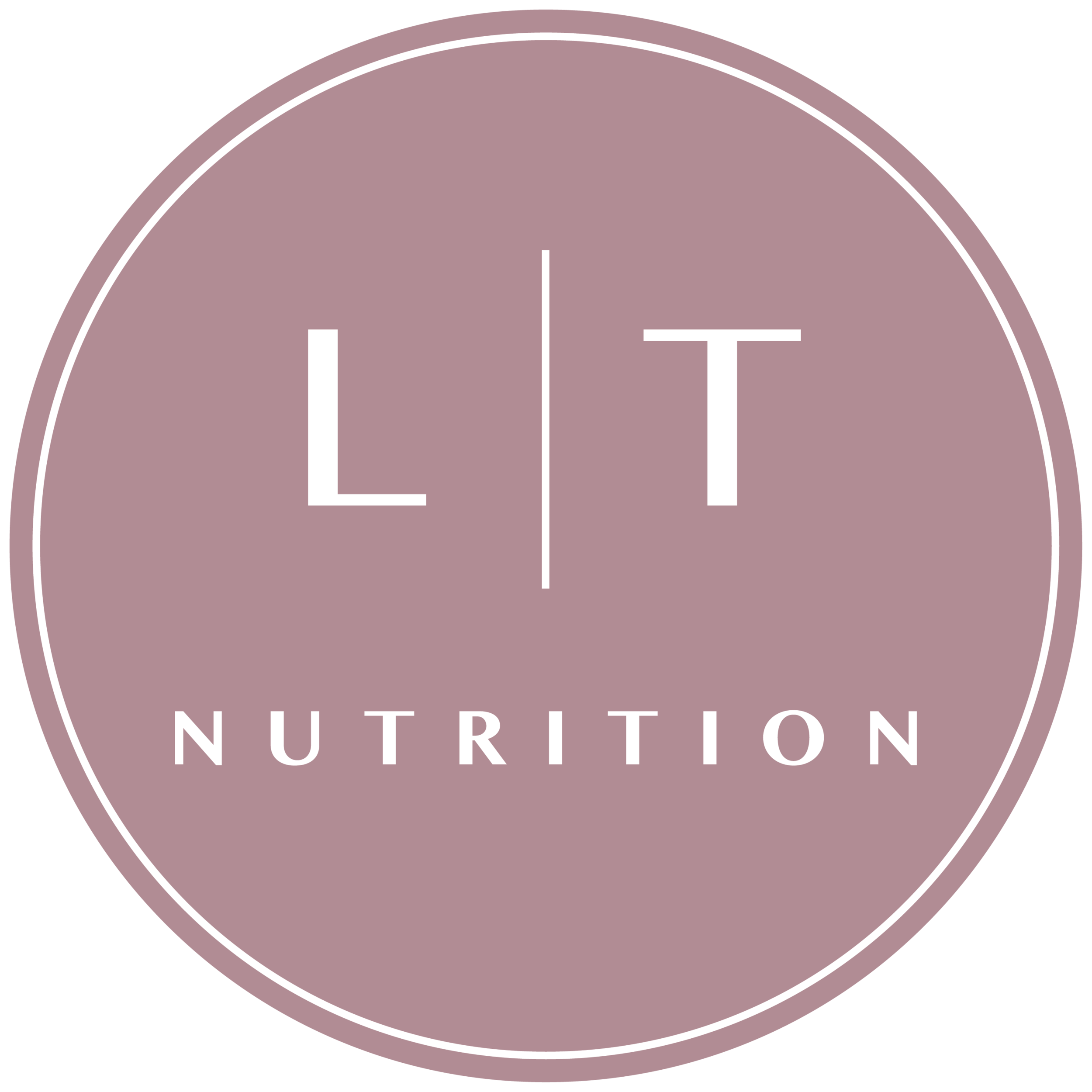Nutrition focus during the perimenopause transition
As women, when we start to experience perimenopause symptoms such as weight gain around the waist, lethargy, hot flushes, disrupted sleep, stress and anxiety etc we often do three things:
1. Put it down to midlife stress and ignore it
2. Reach for the bottle of wine and ignore it
3. Take a pill or supplement and hope it will help make us feel better
Thankfully the perimenopause stage of the menopause transition is getting more airtime and we are now becoming much more informed about what is happening to our body during this phase, and experts are offering solutions on how to feel better and actually thrive during this stage of the lifecycle.
As a menopause nutritionist and someone who has experienced the menopause since 32 years old, I can expertly and honestly say 'the food you eat can really help you feel better'.
I like to use the analogy of baking a cake. You need basic ingredients that build the base, a design/strategy to make it look good and a candle/cherry for the top. The diagram below explains the nutrition basics, the nutrition strategies and the additional supplements you may need to enhance your health during the perimenopause transition.
To start your perimenopause wellness journey and achieve the nutrition basics these are my top three tips:
1. Meal plan - designing a weekly meal plan can ensure you eat healthy prepared meals that enhance your health and avoid convenience processed foods that reduce your health
2. Include a protein at each meal - if you eat meat and fish, try eating one plant-based protein and one animal protein each day to ensure you get a variety of nutrients to enhance your gut health
3. Have 2 x colours on your plate every time you eat - this could be mixed berries for breakfast, mixed salad for lunch and 2 x veggies for dinner. This boosts your antioxidant and fibre intake to enhance your gut health
Improving your gut health will have a favourable effect on your energy, sleep and mood and reduce some of the symptoms associated with the perimenopause transition.
Try this for a month and take a note of your symptoms to measure any improvements. If you stick to it you should definitely feel much better and brighter.
If you need further support with nutrition during the perimenopause transition take a look at my 12 week online nutrition and well-being programme Reset 40 or book a call for a chat about how I can help you feel better during the transition.
Taking more notice of your health in your 40's can ensure you feel healthier and stronger at this stage of life....trust me, having been though it for 11 years, I feel better now than in my 20's for sure.
Have a great day
Lisa x

